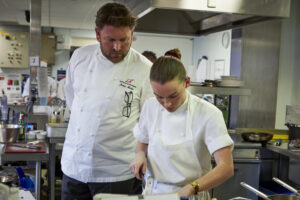Meet our regional finalists
The Regional Finals will see 18 chefs cook their recipes for hake, clams and leeks on 9th September 2021. They will battle it out for six places at the National Final. Their places have been held from the 2020 competition, which was postponed due to the coronavirus pandemic.
When selecting the finalists, Chairmen Alain Roux and Michel Roux Jr were delighted to see such a high level of talent among the applications. The successful chefs come from a wide range of establishments such as luxury hotels, contract catering, successful local restaurants, and even the House of Commons, and geographically as far afield as Jersey and County Durham.
The 18 chefs were selected from their online applications and written recipes submitted anonymously to the judges, who took part in the Recipe Judging day at The Waterside Inn. The 18 finalists will compete in two regional finals which will be held simultaneously on 9th September 2021 at University College Birmingham and University of West London, Ealing.
Competing in Birmingham
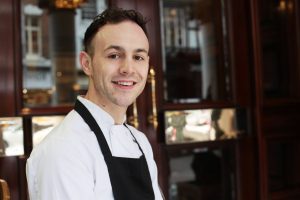

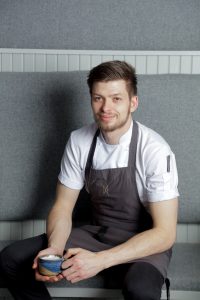

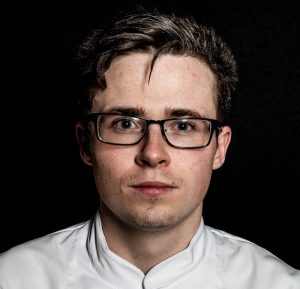
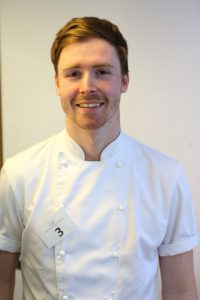
Competing in London


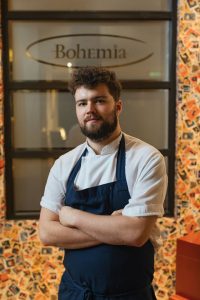
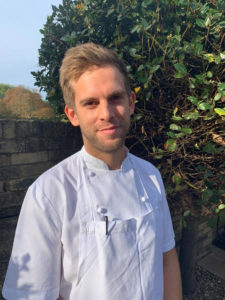
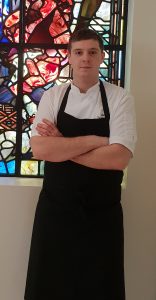
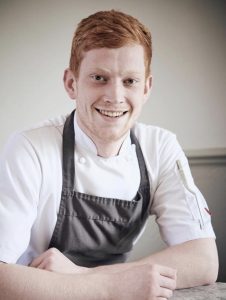
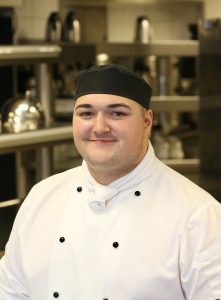

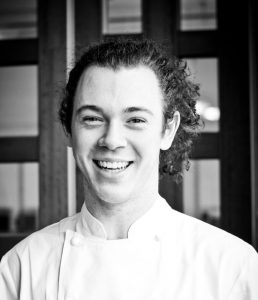

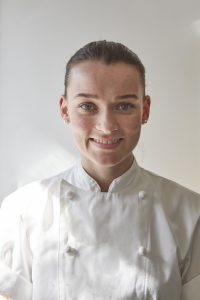
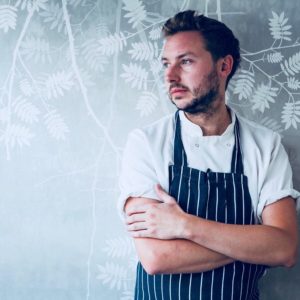
Return Entrants
Eight of the 18 chefs have competed before: Ryan Baker (Maison Francois), Scott Braithwaite (L’Enclume), Olivia Burt (Stanley’s), Michael Cruickshank (Bohemia), Benjamin Champkin (The Newt), Oliver Marlow (Aulis), Oliver Dovey (BaxterStorey), Curtis Tonge (The Forge Restaurant, Chester).
The Challenge
Their challenge is to cook the recipe they submitted with their application, which uses one whole fresh gutted hake, weighing anywhere between 1.6kg – 1.8kg and 600g of live whole grooved carpet shell / palourde clams (ruditapes decussatus). They have to be plated together with two simple or composed garnishes/accompaniments. One of these must include leeks and the other was a garnish/accompaniment of the applicant’s choice. One of these can be served separately if preferred and a sauce has to accompany the dish. The regional finalists will have 2½ hrs to cook their dish, along with a dessert from a mystery box of ingredients given to them on the day. The judges will be looking for recipes and methods, which demonstrate the best balance of creativity, taste, style and practicality in the finished dish.
Hake is versatile, sustainable and it ticks all the boxes; you can really cook some interesting dishes with it. Also, clams, hake and leek are a great, classic combination, and you can see how the finalists have used those classic combinations and have brought in something interesting or different, such as a bit of spice, to make their recipes stand out. The ones that got through are really the ones I want to taste.
Michel Roux Jr
Hake is a fish that a lot of chefs use in their restaurant, so we chose it because they weren’t going to be scared of cooking with it. If you look at price and quality you can do an excellent fish dish with it, and it’s also sustainable.
Alain Roux
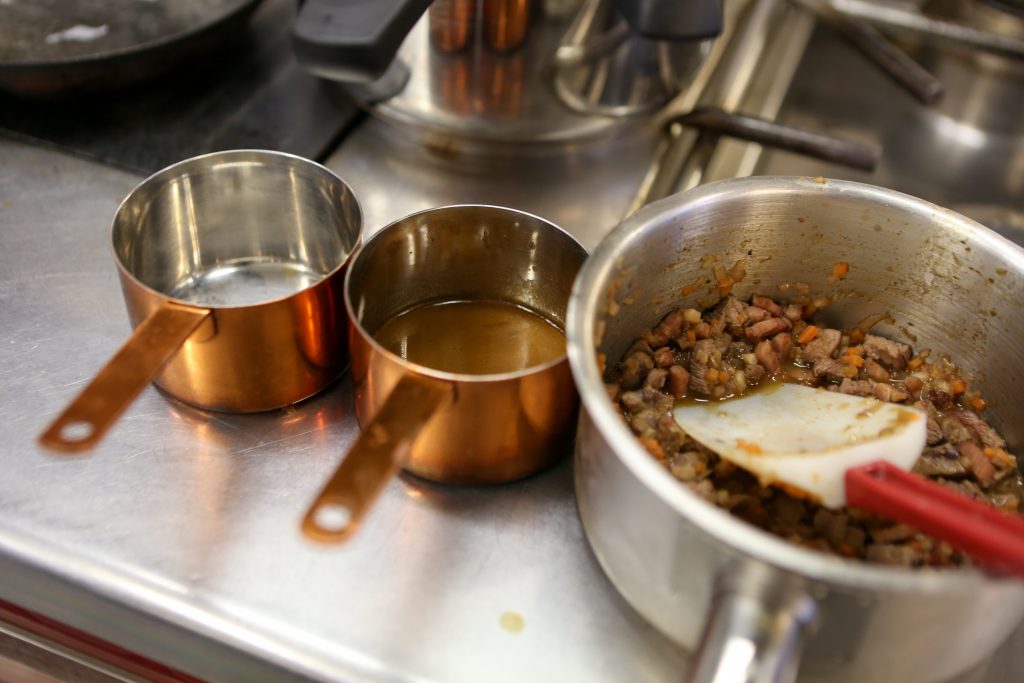
Fast Facts
- Both reserves are now competing after Julian Elkjaer from Whatley Manor relocated to his home country of Denmark for a new role, and Stephen McClarty broke his wrist. They are: Connor Wilson from The Traddock North Yorkshire and Nathan Cornwell, The Barn at Moor Hall, Lancashire. This will be the first time in the history of the competition that both reserves have competed.
- Simon Rogan once again proves his excellence as a mentor with three of his chefs qualifying for the regional finals: Oliver Marlow is from Aulis, Scott Braithwaite from L’Enclume, and when Benjamin Champkin applied, he was working for Roganic (now at The Newt).
- Michael Cruickshank has the most experience competing in the Roux Scholarship, having reached the regional finals in 2016 and 2018, and the national final in 2017 and 2019.
- Eight finalists come from establishments outside London, ranging from as far south as Jersey to County Durham in the north.
- The range of establishments is also well-represented, with chefs coming from luxury hotels, contract catering, successful local restaurants and even the House of Commons.
- The paper applications are judged blind, so judges don’t know their identity or their place of work.
- The number of entries increased by 18 per cent from the 2019 competition and judges felt they were of a higher standard.
- The judges felt that some of the applicants’ costings were inaccurate and that they should have shown closer attention to how much certain ingredients really cost.
- The judges were also looking at cooking timings of the dishes and whether the chefs had allowed time to prepare the mystery box dessert in the regional finals.
